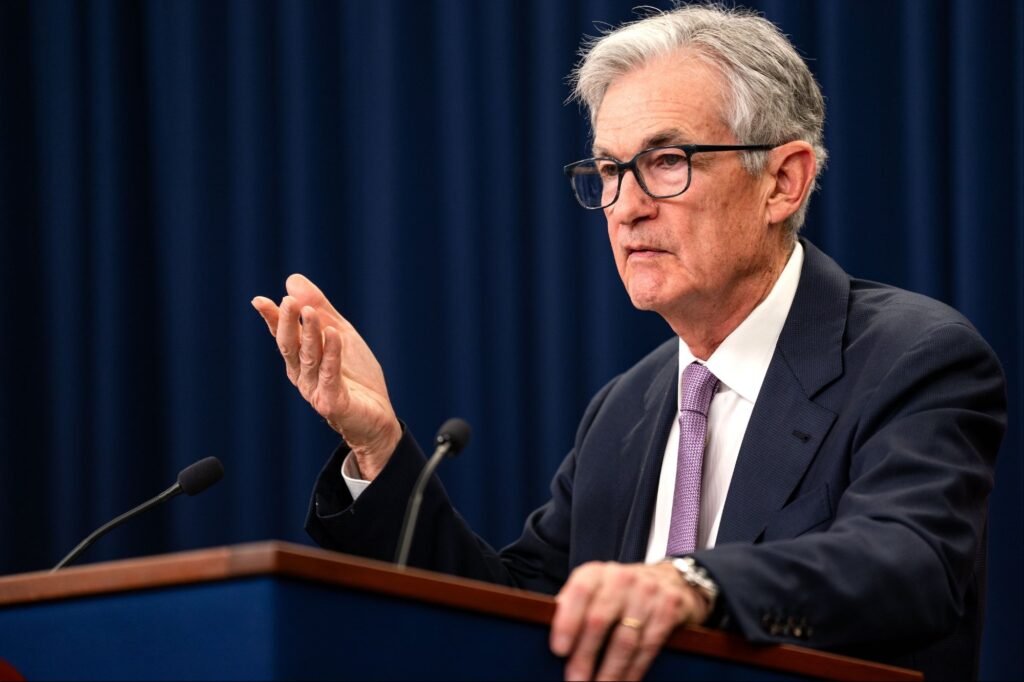New data from the U.S. Bureau of Labor Statistics (BLS) out Wednesday showed that consumers paid 2.7% more for essentials like shelter, food, and energy in November compared to the same time last year.
The Bureau reported that the consumer price index (CPI), a key measure of inflation and price changes, rose by 0.3% from October to November. That’s more than the 0.2% that the CPI rose from September to October.
The key driver of the increase was the 0.3% monthly uptick in shelter costs, which BLS stated comprised close to 40% of the monthly increase for all items.
Related: ‘Gradual Recalibration:’ The Fed Cuts Rates By 0.25%, Just as Economists Predicted
Over the past year, the food category increased by 2.4% while energy decreased by 3.2%. The core CPI reading, or the prices for all items without including food and energy, increased by 3.3% over the past year.
“Under the surface, you have core goods prices still deflating year-over-year and core services prices increasing at their slowest pace since early 2022,” Elyse Ausenbaugh, head of investment strategy at J.P. Morgan Wealth Management, told Entrepreneur in an emailed statement. “It’s also encouraging to see shelter price pressures cool, given that they are still accounting for a sizeable chunk of the core reading.”
What does the CPI report mean for Fed interest rate cuts?
The CPI report is one data point that the Federal Open Market Committee (FOMC) uses to determine how to adjust the federal funds rate, or the rate at which banks borrow from one another. One FOMC meeting is coming up from December 17 to 18.
“We believe economic fundamentals of gently decelerating labor market momentum, strong productivity growth and disinflationary under-currents would support a further 25bps fed funds rate cut at the upcoming FOMC meeting,” EY Chief Economist Gregory Daco and EY Senior Economist Lydia Boussour told Entrepreneur in a joint emailed statement.
A rate cut of 25bps or 0.25% could ripple out to lower borrowing rates for consumer-facing loans, like mortgages and credit cards.
Ausenbaugh also agrees that the Fed will cut rates at “a steady, 25bps-per-meeting pace.”
“We think the Fed will deliver a cut at next week’s December meeting, with market expectations giving them ‘permission’ to do so,” she said.




